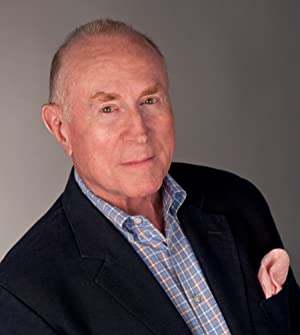 author
authorWilliam H. Foege
William Herbert Foege is an American physician and epidemiologist who is credited with "devising the global strategy that led to the eradication of smallpox in the late 1970s". From May 1977 to 1983, Foege served as the Director of the Centers for Disease Control and Prevention. Foege also "played a central role" in efforts that greatly increased immunization rates in developing countries in the 1980s.
In June 2011, he authored House on Fire: The Fight to Eradicate Smallpox, a book on modern science, medicine, and public health over the smallpox disease. On September 23, 2020, he sent a private letter to Centers for Disease Control and Prevention Director Robert R. Redfield urging him to acknowledge in writing that the CDC had responded poorly to COVID-19 and to set a new course for how CDC would lead the United States' response, calling the White House's approach "disastrous."
Foege was born March 12 1936 in Decorah, Iowa. He was the third of six children born to William A. Foege, a Lutheran minister, and Anne Erika Foege. The family lived in Eldorado, Iowa in Fayette County, starting in 1936 and moved to Chewelah, Washington, in 1945. In his younger days he was inspired by the life of his uncle, a Lutheran missionary to New Guinea.
He became interested in science at age 13 when working at a pharmacy, and read extensively about the world (e.g., Albert Schweitzer's work in Africa) while in a body cast for several months at age 15. When a teenager he expressed a desire to practice medicine in Africa.
Foege received a B.A. from Pacific Lutheran University in 1957. He attended medical school at the University of Washington, where he became interested in public health while working "after school and on Saturdays" at the Seattle–King County Health Department. After receiving his M.D. in 1961, he completed an internship with the United States Public Health Service hospital at Staten Island in 1961–1962.
He participated in the Epidemic Intelligence Service (EIS) of the Centers for Disease Control and Prevention (CDC) between 1962 and 1964, assigned to Colorado. When Foege was with the EIS, he was inspired by Alexander Langmuir to pursue global health, and spent a short time with the Peace Corps in India under Charles Snead Houston. Upon reading a lecture on priorities in public health by Thomas Huckle Weller, Foege entered the Master of Public Health program at the Harvard School of Public Health where he studied with Weller. He received his M.P.H. in 1965.
Best author’s book




















